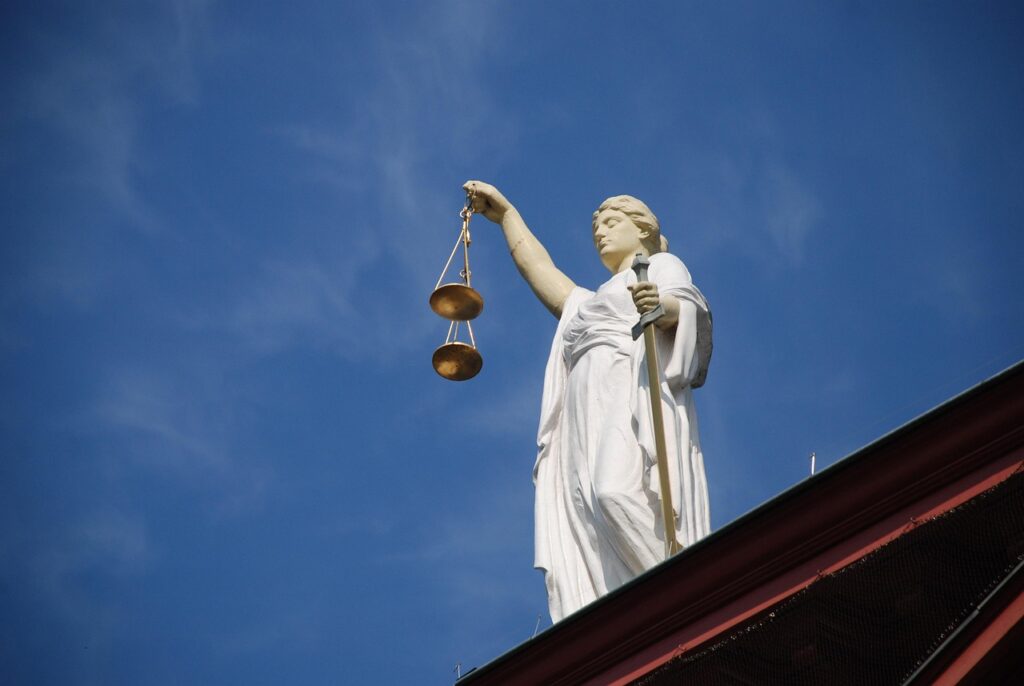The philanthropic and advocacy communities are mourning the loss of Michael Seltzer, a visionary leader who profoundly reshaped the landscape of LGBTQ+ and AIDS fundraising. Seltzer, who passed away at age 78 on July 31 from cardiac arrest during a vacation on Governor Island, near Branford, Connecticut, was far more than just a fundraiser; he was a strategic architect of social change. His death, now widely publicized, marks the end of an era for many who knew him as a tireless advocate and an inspiration.
Before Seltzer’s pioneering efforts, funding for progressive and gay activism in the 1970s was largely sustained through informal means, often by “passing the hat at meetings and through low dollar fundraisers.” As Gay City News noted, “More than any other individual, Seltzer turned that around over the course of decades of work, from serving on boards of major gay organizations from 1980 onwards to creating and running organizations that exponentially increased philanthropy to gay and AIDS causes.” His work laid the essential groundwork for a more formalized and effective approach to securing critical resources for marginalized communities.
This article will delve into the remarkable life and contributions of Michael Seltzer, tracing his journey from his early humanitarian roots to becoming an indispensable force in the fight against AIDS and for LGBTQ+ rights. We will explore the personal motivations that fueled his relentless drive and highlight the foundational organizations he co-founded and led, which fundamentally altered how social justice causes received funding and support, setting a precedent for impactful philanthropy for generations to come.
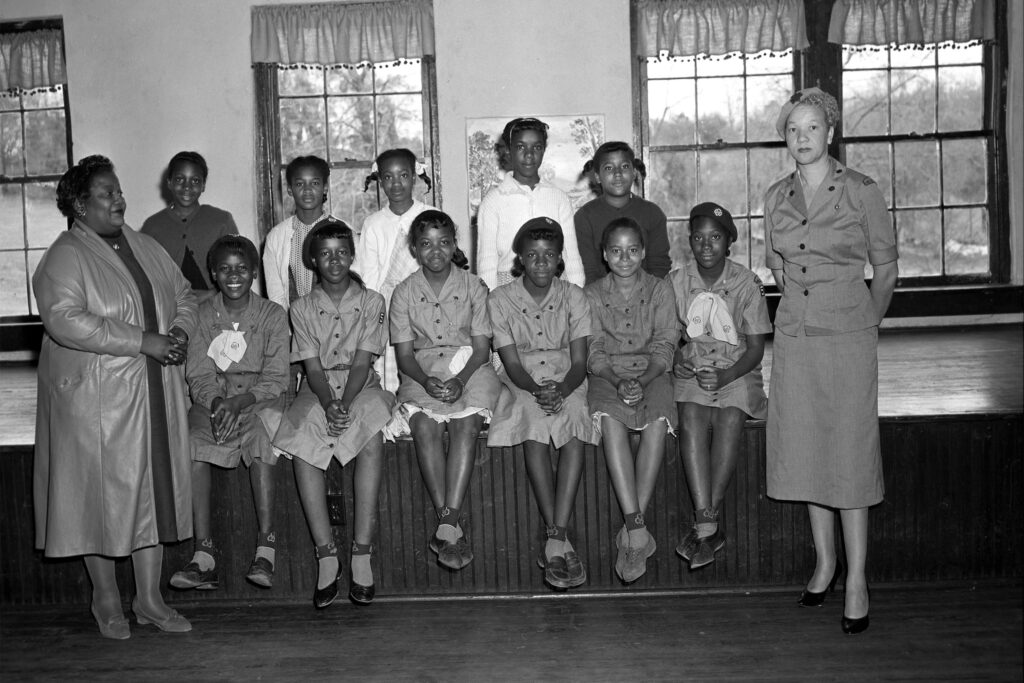
1. **Early Life, Education, and Humanitarian Roots**Michael Stephen Seltzer’s journey began in Manhattan, where he was born on January 17, 1947, to Max Seltzer, a lawyer, and Dorothy (Reisman) Seltzer. His upbringing in New York City would lay the foundation for a life dedicated to public service and social justice. His intellectual curiosity and commitment to learning were evident early on, leading him to prestigious academic pursuits that shaped his global perspective.
He was a distinguished graduate of the Bronx High School of Science in 1964, a testament to his sharp intellect. Following this, he pursued higher education at Syracuse University’s Maxwell School of Citizenship and Public Affairs, graduating in 1968 with a bachelor’s degree in international relations and African studies. This academic background provided him with a broad understanding of global issues and systemic inequalities, which would inform his later activism.
His early career immediately reflected his humanitarian inclinations. Seltzer served with the national service organization VISTA (Volunteers in Service to America) in West Virginia and Hawaii, working towards the organization’s core goal of reducing poverty. From 1969 to 1972, he further expanded his experience in public service, working for the American Freedom from Hunger Foundation in Washington, demonstrating a consistent commitment to addressing fundamental human needs and injustices from the outset of his professional life.
Read more about: Katharine, Duchess of Kent: Remembering a Royal Who Embodied Compassion, From Wimbledon’s Green Courts to Hull’s Classrooms
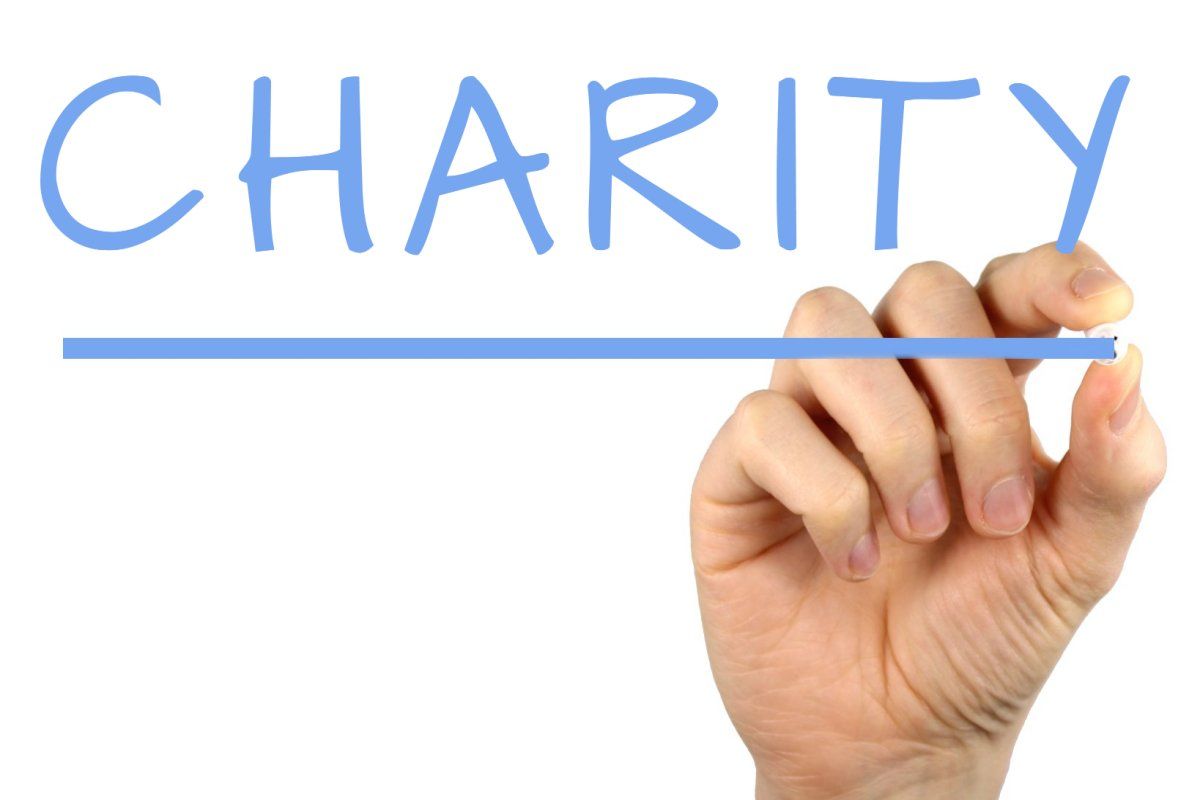
2. **Forging a Path: Early Activism and Radical Philanthropy at The People’s Fund**After his tenure with the American Freedom from Hunger Foundation, Michael Seltzer moved to Philadelphia, where he embarked on a particularly impactful chapter of his early activism. Here, he collaborated with Linda Richardson as co-director of The People’s Fund. This organization, which later evolved into the Bread & Roses Community Fund, represented a pioneering effort in community-based philanthropy, pushing the boundaries of what was considered acceptable funding.
What made The People’s Fund truly unique was its willingness to challenge the status quo of traditional philanthropy. At a time when many philanthropic groups shied away from organizations deemed too controversial or “radical,” Seltzer and his colleagues bravely raised money for groups such as the Black Panthers. This commitment to supporting marginalized and often demonized movements underscored his unwavering belief in social justice and equity, regardless of mainstream opinion.
This progressive approach was encapsulated in The People’s Fund’s powerful and enduring motto: “Change: Not Charity.” This phrase perfectly summarized Seltzer’s philosophy, emphasizing structural transformation over superficial giving. It highlighted a deep understanding that true progress required addressing systemic issues and empowering communities, rather than merely providing temporary relief. This early experience solidified his pragmatic yet principled approach to philanthropy, an ethos that would define his decades of work.
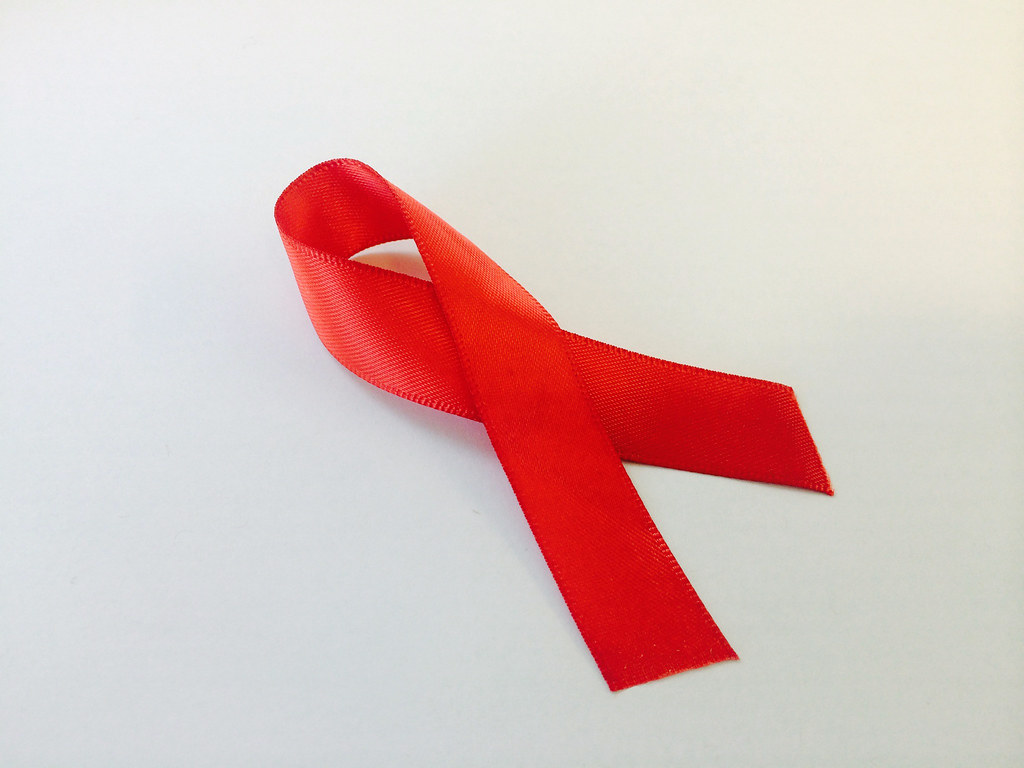
3. **A Personal Catalyst: The Story of Bob White and the Call to Action Against AIDS**While Michael Seltzer’s commitment to social justice was evident throughout his early career, the burgeoning AIDS crisis introduced a profoundly personal and urgent dimension to his advocacy. The turning point arrived in 1985 during a visit he made to Paris. There, he spent two weeks with a dear friend, Bob White, a California man whom Seltzer had befriended years earlier in Philadelphia after college. White was gravely ill and undergoing treatment for AIDS at the Pasteur Institute.
Witnessing his friend’s battle firsthand had an indelible impact on Seltzer. His husband, writer and editor Ralph Tachuk, recounted the somber aftermath: “Bob eventually went back to San Francisco and died.” This deeply personal loss was not a moment of despair for Seltzer, but rather a catalyst for unwavering resolve. As Tachuk noted, “Michael continued working in the fight against AIDS,” transforming his grief into a powerful motivation for action.
Kevin Jennings, the chief executive of Lambda Legal, powerfully articulated the depth of this commitment, stating, “Michael’s pursuit of a world without AIDS was personal. After witnessing a friend’s battle with AIDS in the 1980s, he felt a profound responsibility to act.” This experience crystallized his mission, igniting a tireless dedication to mobilizing resources and changing the course of a devastating pandemic that was largely ignored by institutions and governments. His personal connection fueled a professional imperative that would save countless lives.
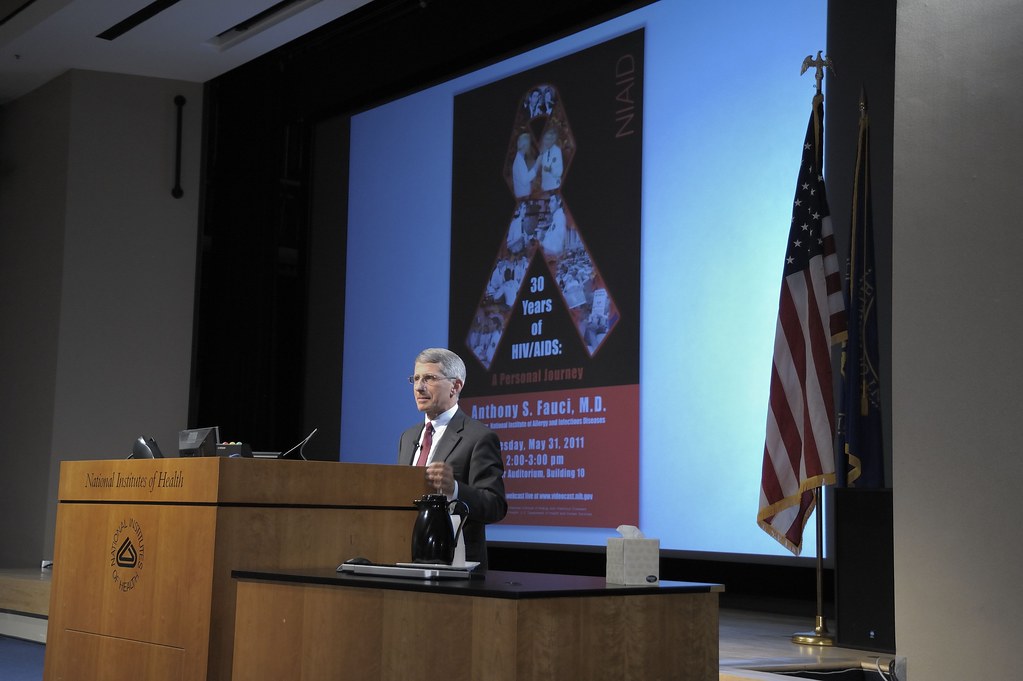
4. **Founding Funders Concerned About AIDS (FCAA): A Visionary Response to a Crisis**Fueled by his personal experience and a growing awareness of the public health catastrophe unfolding, Michael Seltzer embarked on a critical initiative to address the profound lack of funding for the AIDS crisis. In 1987, he co-founded Funders Concerned About AIDS (FCAA) alongside Joyce Bove and Katherine Acey, an organization that would become a cornerstone of HIV/AIDS philanthropy. This initiative was launched during a particularly challenging political climate, under the administration of Ronald Reagan, which “criminally neglected the pandemic,” as one report noted.
FCAA was established out of an urgent necessity. At a time when mainstream philanthropy simply did not prioritize LGBTQ+ people or those living with HIV, and government responses lagged severely, Seltzer would not accept the status quo. His vision was to create a mechanism that would mobilize private support for prevention and treatment, filling the void left by official inaction and societal fear.
One of FCAA’s immediate and impactful contributions was the publication of “A Funders Guide to AIDS Grantmaking” in 1987. This crucial resource provided essential guidance for philanthropic organizations seeking to understand and engage with HIV/AIDS issues, effectively professionalizing and coordinating efforts in a nascent field. This strategic move demonstrated Seltzer’s pragmatic approach to activism, ensuring that funds were not just raised, but also directed effectively.
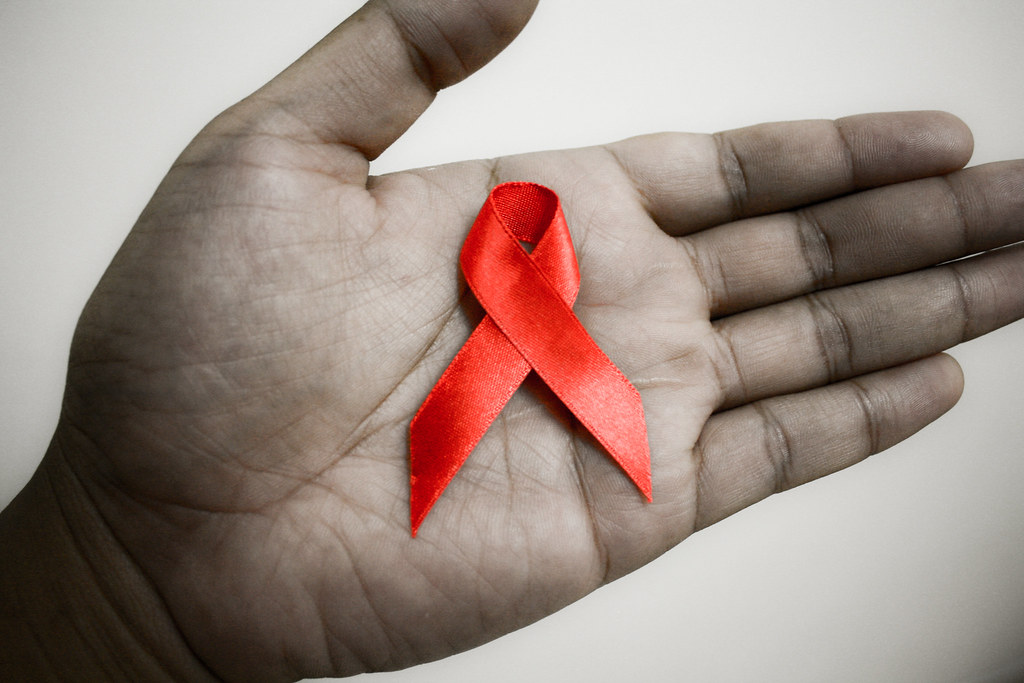
5. **Exponential Growth in Philanthropy: FCAA’s Initial Impact on HIV-Related Giving**Michael Seltzer’s leadership at Funders Concerned About AIDS (FCAA) was nothing short of transformative for HIV-related philanthropy. He served as the organization’s executive director for a decade, from its founding in 1987 until 1997, a period that coincided with significant advancements in understanding and treating the disease. His tenure was marked by an unprecedented mobilization of private financial resources, directly impacting the trajectory of the fight against AIDS.
Under his guidance, the landscape of private HIV-related giving saw exponential growth. Arantxa Bonifaz Rosas, a researcher for Funders Concerned, estimated a dramatic increase: private philanthropy for H.I.V.-related programs soared from a mere $18 million in 1987, the year FCAA was established, to nearly $59 million by 1996. This substantial increase in funding was crucial for research, treatment, and support services at a time when they were desperately needed.
This early success laid a vital groundwork, cultivating a philanthropic response that continued to expand well beyond his direct leadership. FCAA’s current figures indicate that the philanthropic HIV response has now grown to an astounding $722 million, a testament to the enduring impact of Seltzer’s initial vision and efforts. He effectively “helped seed the global philanthropic response to HIV,” creating a sustainable model for funding.
Andy Humm, a former spokesman for the Coalition for Lesbian and Gay Rights, eloquently summarized Seltzer’s unique role: “More than any other individual, Seltzer turned that around over the course of decades of work, from serving on boards of major gay organizations from 1980 onward to creating and running organizations that exponentially increased philanthropy to gay and AIDS causes.” His strategic brilliance and tireless work ensured that vital funds flowed into organizations serving communities most affected by the pandemic.
Moreover, Seltzer was instrumental in producing “influential resources for grant makers,” which standardized and professionalized the approach to HIV/AIDS funding. His advocacy culminated in co-hosting the first White House Conference on AIDS in 1995 during the Clinton administration, demonstrating his ability to bring critical issues to the highest levels of government and philanthropy.
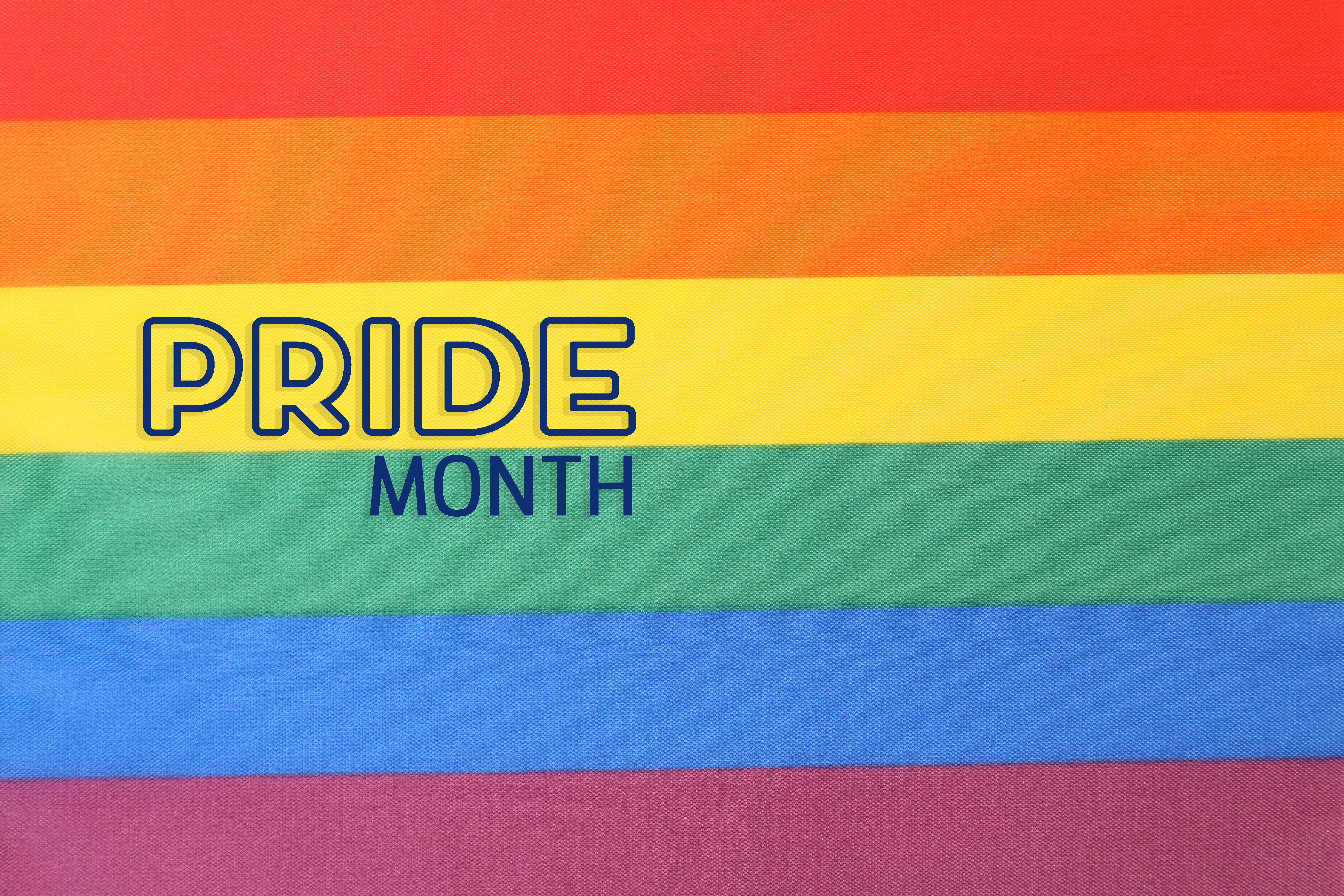
6. **Co-founding Funders for LGBTQ Issues: Expanding the Philanthropic Horizon**Beyond his critical work with AIDS-specific philanthropy, Michael Seltzer also demonstrated a broader commitment to the entire spectrum of LGBTQ+ rights and welfare. He was a cofounder of Funders for LGBTQ Issues, an organization established 43 years ago with Katherine Acey. This initiative aimed to increase philanthropic support for lesbian, gay, bisexual, transgender, and queer communities, recognizing that their needs extended beyond the immediate crisis of AIDS.
Funders for LGBTQ Issues continues to honor Seltzer’s legacy by actively working towards a future where “all queer and trans people are liberated, loved, valued, respected, and thriving.” This mission reflects Seltzer’s holistic view of social justice, understanding that the fight against AIDS was intrinsically linked to broader issues of acceptance, equality, and dignity for LGBTQ+ individuals.
Katherine Acey, his co-founder, fondly recalled Seltzer as a “guiding light, compassionate, curious, optimistic, loyal, and irresistibly lovable.” These personal attributes were undoubtedly instrumental in his ability to forge coalitions and inspire confidence within the philanthropic world. His approach was not merely transactional; it was deeply relational, built on trust and a shared vision for a more just society.
This organization also highlights Seltzer’s profound understanding that, as Audre Lorde named so many years ago, “There is no single-issue struggle.” His organizing was grounded in this keen understanding of intersecting realities, ensuring that philanthropic efforts addressed the multifaceted challenges faced by the LGBTQ+ community. This integrated approach cemented his position as a truly comprehensive social justice advocate.
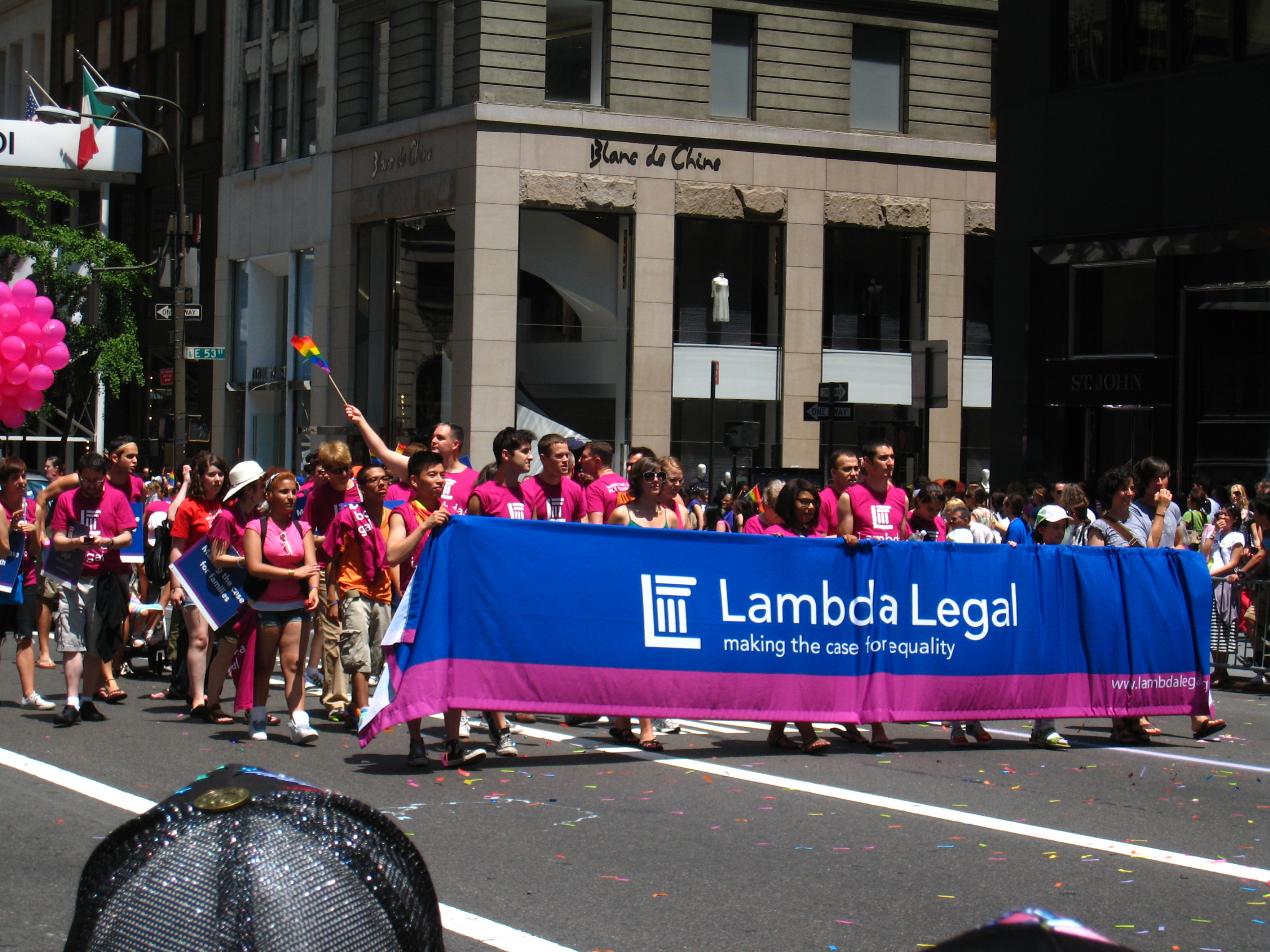
7. **Critical Leadership at Lambda Legal: Steering LGBTQ+ Advocacy**Michael Seltzer’s leadership extended to some of the most prominent civil rights organizations in the LGBTQ+ movement. In 1981, he became cochair of Lambda Legal’s board of directors, a pivotal role in an organization dedicated to achieving full equality for LGBTQ+ people through litigation, education, and public policy work. His involvement came at a crucial time for the burgeoning gay rights movement.
This early leadership position at Lambda Legal showcased Seltzer’s commitment to institutionalizing and professionalizing LGBTQ+ advocacy. Before his involvement and similar efforts, funding for gay activism was largely informal, relying on “passing the hat at meetings and through low dollar fundraisers,” as noted by Gay City News. Seltzer’s presence on the board signaled a shift towards more strategic and substantial resource mobilization.
Kevin Jennings, CEO of Lambda Legal, emphasized Seltzer’s unique bravery during this era: “In a time when most LGBTQ+ philanthropy professionals were in the closet, Michael was out and proud.” This public stance was not merely personal but a powerful act of leadership, demonstrating integrity and courage when such visibility was often met with prejudice and discrimination. His openness helped to normalize and legitimize the fight for LGBTQ+ rights within the philanthropic sector.
Richard Burns, a close friend for 45 years, praised Seltzer’s unwavering dedication, stating, “He stepped up again and again when called.” His consistent leadership at Lambda Legal, alongside Nath Rockhill, was instrumental in steering the organization through challenging times and solidifying its role as a leading voice for LGBTQ+ legal equality. Seltzer’s contributions ensured that Lambda Legal had the resources and strategic direction to pursue justice vigorously.

8. **Critical Leadership at The New York LGBT Community Center: A Hub for Community Resilience**Michael Seltzer’s profound commitment to the LGBTQ+ community found another significant expression through his critical leadership at The New York Lesbian, Gay, Bisexual & Transgender Community Center. As cochair of its board, he worked closely with Janet Weinberg and Richard Burns, the Center’s longtime executive director. This role was central to his belief in building strong community infrastructures that could foster resilience and provide essential services during challenging times.
The LGBT Community Center, since its establishment, has functioned as a vital hub, offering an extensive array of programs and support for queer and trans people in New York City. These services range from crucial health and wellness initiatives to cultural events, education, and vital support groups, all designed to create a sense of belonging and solidarity. Seltzer’s strategic oversight ensured this crucial institution not only survived but thrived, adapting to evolving needs and solidifying its position as an indispensable pillar of the community.
Richard Burns, a close friend of Seltzer for 45 years, deeply admired Seltzer’s unwavering dedication, recalling that “He stepped up again and again when called.” This commitment was particularly evident in Seltzer’s tireless work for the Center, where he contributed significantly to its foundational growth and stability. His efforts were instrumental in professionalizing its operations and ensuring its long-term viability, embodying his conviction that robust community organizations are fundamental to achieving broader social justice.
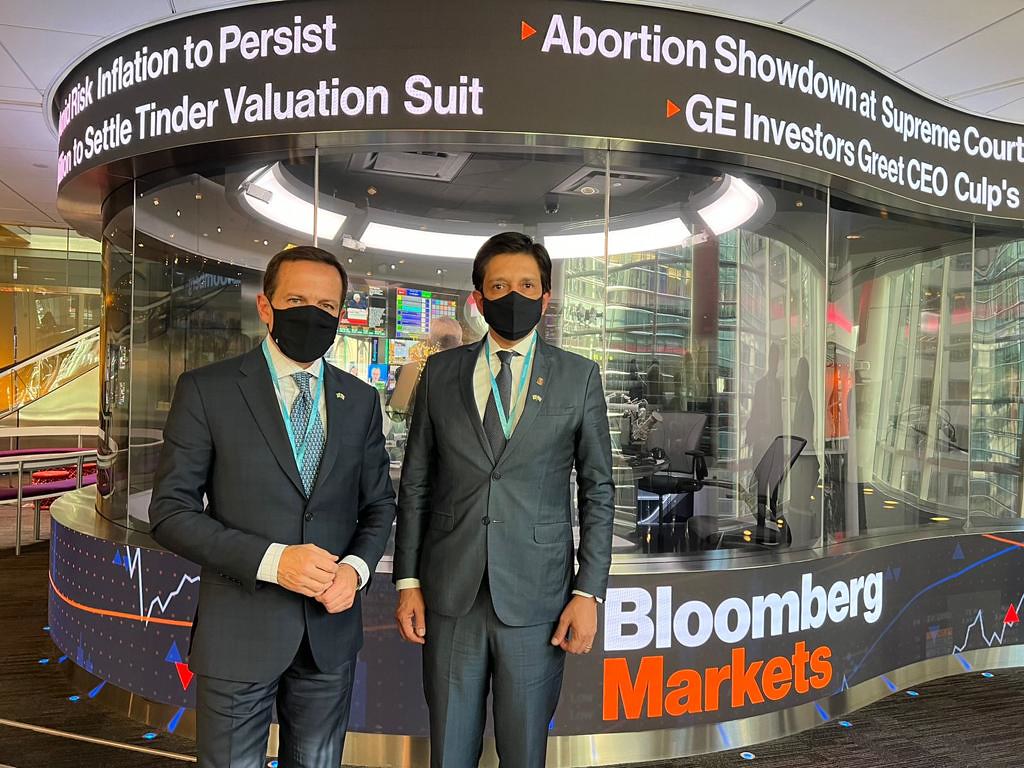
9. **President of Philanthropy New York: Shaping the Sector for Greater Impact**Seltzer’s influence extended beyond LGBTQ+ and AIDS organizations, reaching into the wider philanthropic sector. From 2003 to 2006, he served as president of Philanthropy New York, an esteemed umbrella organization representing a diverse range of grantmakers across the region. This pivotal leadership position offered him a unique platform to shape the discourse and practices of philanthropy at a systemic level, consistently advocating for more effective, transparent, and equitable giving strategies.
During his tenure, Seltzer was uniquely positioned to advance progressive philanthropic approaches, leveraging his decades of practical experience with community-based funding and social justice movements. He steadfastly championed the principle that philanthropy should aspire to more than mere charity; it must be a catalyst for fundamental societal change. His leadership encouraged member organizations to look beyond immediate needs and to critically consider the broader societal impact and structural implications of their funding decisions, fostering a more thoughtful and engaged philanthropic community.
Philanthropy New York’s core mission to foster effective and responsible philanthropy perfectly aligned with Seltzer’s deeply held ethos. His presence at the helm helped to bridge disparate philanthropic entities, fostering crucial collaboration and vital knowledge sharing. This collaboration ultimately enhanced the sector’s collective ability to address complex social issues with greater coherence and impact. His work here further cemented his reputation as a leader capable of influencing change at multiple levels, from grassroots activism to the highest echelons of institutional governance.
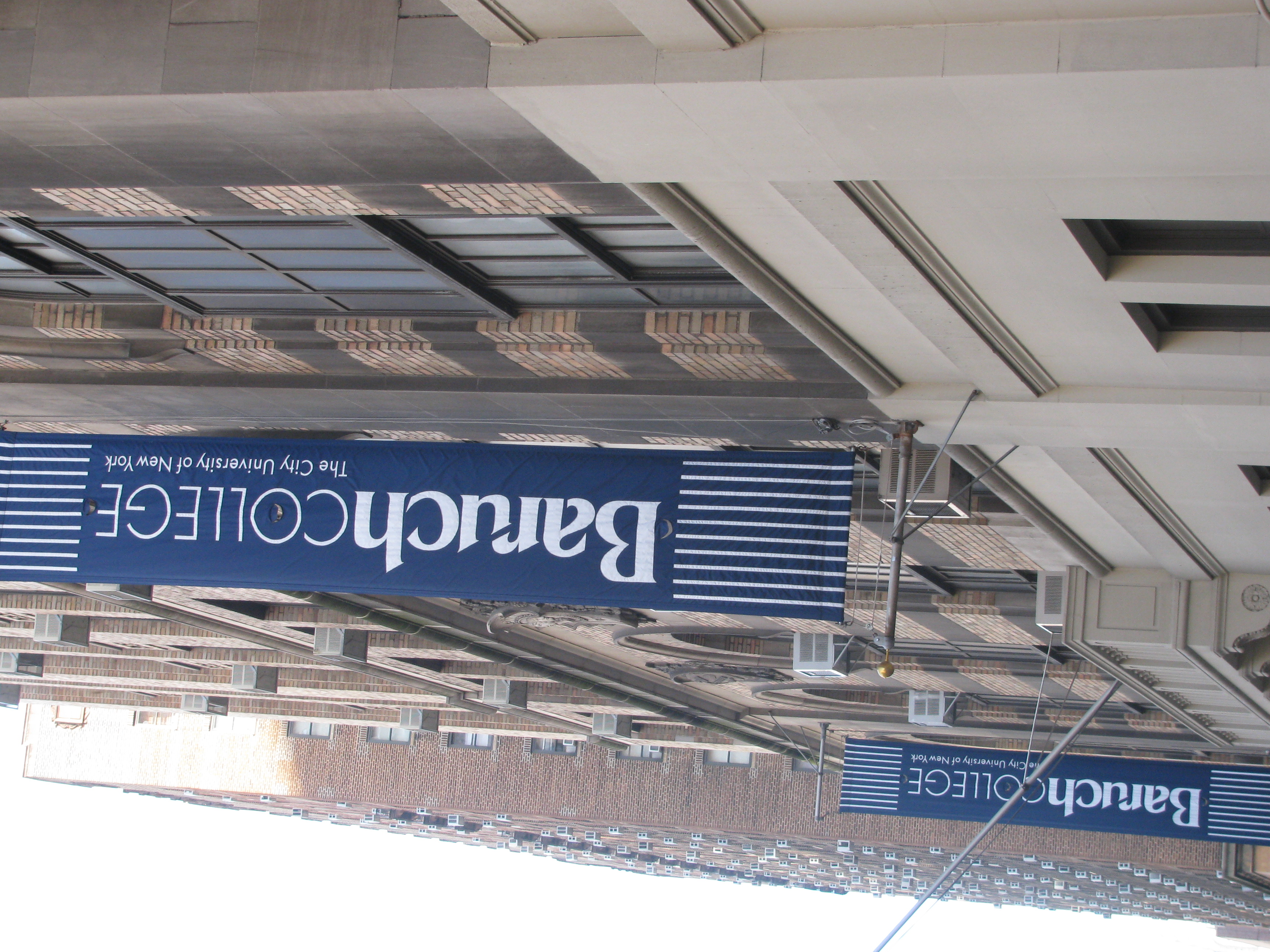
10. **Academic Contributions: Nurturing Future Leaders at Baruch College and The New School**Michael Seltzer distinguished himself not only as a visionary practitioner but also as an influential educator, dedicating a significant portion of his career to shaping the next generation of nonprofit leaders. He served for 12 years as a distinguished professor at Baruch College’s Marxe School of Public and International Affairs. In this academic setting, he masterfully integrated his vast real-world experience, garnered from decades of frontline activism and philanthropic leadership, with robust academic theory. This approach profoundly enriched the learning experience for his students.
A testament to his innovative educational philosophy, Seltzer was instrumental in establishing the New York Community Trust Nonprofit Leadership Fellows program at Baruch. This groundbreaking initiative, developed with the dedicated support of the New York Community Trust and its expert Patricia Swann, was conceived as a “visionary idea: to create a program that would inspire and equip the next generation of nonprofit leaders in our region.” More than a decade since its inception, this fellowship continues to thrive, having supported approximately 600 dedicated leaders across New York City, Long Island, and Westchester, equipping them with critical skills.
Beyond Baruch, Seltzer further extended his educational reach by chairing the master’s degree program in Nonprofit Management at the Milano School of The New School University. In this capacity, he played a crucial role in the ongoing professionalization of the nonprofit sector. He ensured that future managers and leaders were steeped in both ethical grounding and the strategic tools essential for making a profound and measurable societal impact. His comprehensive academic contributions underscored his belief in the transformative power of education and structured learning as vital accelerators for social justice efforts.
11. **Influential Writings: “Securing Your Organization’s Future” and a Vision for Ongoing Justice**
Seltzer’s intellectual prowess and strategic insights were significantly captured in his influential writings, most notably his seminal work, “Securing Your Organization’s Future: A Complete Guide to Fundraising Strategies.” This foundational text, first published in 1987—the same year he co-founded Funders Concerned About AIDS—and subsequently revised and updated in 2002, rapidly became an indispensable resource in nonprofit management and fundraising. Its continued use as a textbook in academic programs is a clear indicator of its enduring relevance and authority.
This comprehensive guide was more than just a manual; it provided meticulously detailed and actionable strategies designed to empower organizations to build resilient and sustainable financial futures. The book brilliantly encapsulated Seltzer’s pragmatic yet principled approach to social change, demystifying the often-intimidating world of fundraising. By making vital knowledge accessible and actionable, it empowered countless nonprofits to effectively secure the critical resources necessary to fulfill their missions, fostering greater impact and stability within the sector.
Beyond this major textbook, Seltzer authored numerous articles that consistently enriched the intellectual discourse on effective philanthropy and social justice. His writings frequently reflected his forward-thinking perspective and his unwavering commitment to ongoing advocacy. A notable example is his insightful piece in the Chronicle of Philanthropy following the landmark 2013 Windsor decision. In it, he urged philanthropy to “reflect on its power to further social justice,” emphasizing that “now donors have much more work to do to help assure full equality for all.” This exemplified his consistent call for deeper engagement and a long-term, visionary approach to achieving complete societal equality.

12. **Sustained Activism into Later Years: A Lifelong Commitment to Vigilance and Progress**Michael Seltzer’s unwavering commitment to social justice was a lifelong endeavor that continued with fervent dedication well into his later years. He remained a visibly active voice and an engaged participant in various social movements, consistently demonstrating an unshakeable dedication to advocacy right up until shortly before his passing. This sustained activism powerfully underscored his profound conviction that the struggle for justice is a continuous process, never truly concluded.
During the global upheaval of the COVID-19 pandemic, Seltzer drew upon his extensive and painful experience with the initial AIDS crisis to offer crucial lessons for contemporary public health responses. He explicitly “urged responders to learn from the fight against AIDS,” recognizing striking parallels in societal neglect and the urgent, compassionate, and coordinated action required. His insights, born from firsthand experience with a devastating epidemic, were invaluable, providing a necessary historical lens through which to navigate new global health challenges and avoid past mistakes.
Even in his final year, Seltzer was deeply engaged in direct action, fearlessly joining in protests against the policies and administration of Donald Trump. His participation in the “No Kings” and “Hands Off” protests served as a powerful reaffirmation of his core belief in resisting policies he perceived as detrimental to equity, human rights, and social progress. This late-life activism stood as a powerful and inspiring testament to his enduring conviction that vigilance, direct engagement, and principled resistance are absolutely essential components of a truly just and democratic society.

13. **Mentorship and Support: Seeding Future Victories and Building Capacity**Beyond his formidable leadership in formal organizational roles, Michael Seltzer earned widespread recognition for his profound and lasting impact as a mentor and dedicated supporter of countless emerging activists and nascent organizations. His inherent “kindness and generosity informed everything he did,” as affectionately recalled by his close friend Richard Burns. Seltzer possessed a unique and invaluable talent for connecting people with resources, expertly “making connections to funders and helping secure funding” for a multitude of vital projects and initiatives.
This deep-seated commitment to mentorship was particularly evident in his tangible support for organizations like Housing Works. According to veteran AIDS activist Eric Sawyer, Seltzer “helped immensely with making connections to funders and helping secure funding both when we [were] starting Housing Works and also when we were raising funding for the New York City AIDS Memorial.” His practical, hands-on assistance was absolutely critical in transforming foundational ideas into impactful realities, directly aiding initiatives that addressed the dire housing needs and ensured appropriate memorialization for those affected by AIDS.
Seltzer’s farsighted support also extended to early-stage groups such as SAGE (Services & Advocacy for Gay, Lesbian, Bisexual & Transgender Elders). He was instrumental in helping this vital organization secure its very first grant when it was “just getting on its feet and funded solely by individual contributions in the early 1980s.” This early backing was crucial for SAGE’s nascent growth. Seltzer inherently understood the long-term arc of social change, stating, “In the early years, I counted each grant as an LGBT victory.” This profound dedication to nurturing and empowering new organizations and leaders vividly illustrates his pervasive and lasting impact on the very fabric of LGBTQ+ advocacy and philanthropy.

14. **Personal Life and Enduring Relationships: The Unseen Foundation of a Public Figure**Michael Seltzer’s numerous public triumphs were deeply rooted in a rich and profoundly supportive personal life. For an extraordinary 43 years, he was partnered with Ralph Tachuk, a distinguished writer and editor, whom he officially married in 2013. Their enduring relationship served as an unwavering bedrock of stability, mutual respect, and profound love, undoubtedly fueling Seltzer’s tireless work for social justice. Tachuk’s intimate recollections, particularly concerning their friend Bob White’s battle with AIDS, offer a poignant glimpse into the deeply personal motivations that underpinned Seltzer’s professional mission.
The couple also shared a cherished home in the Fire Island Pines for 35 years, a beloved retreat nestled within a vibrant and historically significant LGBTQ+ community. The Fire Island Pines Property Owners Association fittingly paid tribute to Seltzer upon his passing, honoring him as “not only a beloved Pines resident; he was a leader in the LGBTQ+ movement.” This deep personal connection to the Pines highlights how his private life was intrinsically woven into the very fabric of the community he so dedicatedly served, blurring the lines between personal commitment and expansive public advocacy.
Seltzer’s life was also immeasurably enriched by a network of deep and enduring friendships, exemplified by his 45-year bond with Richard Burns. These significant personal connections were far from incidental; they were absolutely integral to his exceptional effectiveness as an activist, providing him with a vital network of trust, sustained collaboration, and essential mutual support. He is also survived by a half-brother, Richard Seltzer, further underscoring the familial ties that helped shape his remarkable journey. A memorial service is thoughtfully planned for the fall, offering a communal opportunity for his extensive network of loved ones and beneficiaries to collectively celebrate his truly extraordinary life.
Read more about: The Unseen Fallout: How Arnold Schwarzenegger’s Secret Son Reshaped His Iconic Family’s World
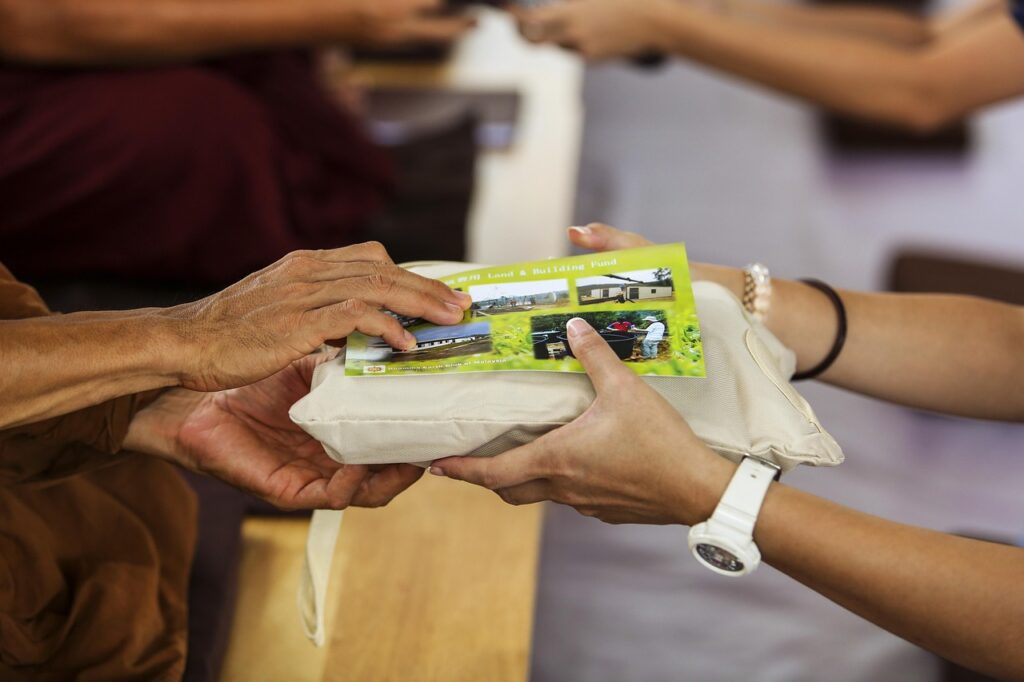
15. **A Lasting Legacy: The Architect of Modern Social Justice Philanthropy**Michael Seltzer’s passing marks the end of an era, yet it leaves behind a monumental and transformative legacy that firmly establishes him as a strategic architect who fundamentally reshaped the landscape of modern social justice philanthropy. His relentless drive and unwavering vision dramatically transformed the informal, often “passing the hat” fundraising methods characteristic of early progressive and gay activism into a highly professionalized, immensely impactful force. This force ultimately mobilized hundreds of millions of dollars for causes deemed controversial or neglected by mainstream institutions.
His enduring guiding philosophy, so succinctly crystallized in The People’s Fund’s powerful motto, “Change: Not Charity,” remains a potent and relevant call to action. It continues to urge a necessary focus on systemic, structural transformation rather than merely providing temporary relief. Seltzer profoundly understood, as Audre Lorde articulated decades ago, that “there is no single-issue struggle.” This insight compelled him to advocate for an integrated, intersectional approach, ensuring that philanthropic efforts effectively addressed the multifaceted and complex challenges faced by marginalized communities. This holistic and inclusive vision ensured that his efforts were broad in scope, deep in impact, and exceptionally enduring in their reach.
From his pivotal role in seeding the global philanthropic response to the burgeoning HIV/AIDS epidemic, to his dedication in nurturing and empowering generations of nonprofit leaders and fearlessly standing against injustice until his final days, Seltzer’s indelible impact resonates across decades. He truly was a beacon of “bravery and leadership,” consistently described as a “guiding light” whose deep compassion, boundless curiosity, and unwavering optimism inspired countless individuals. His life’s work meticulously laid the essential groundwork for a future where all queer and trans people are “liberated, loved, valued, respected, and thriving,” a testament to his unwavering, lifelong commitment to achieving full equality for all. Michael Seltzer’s extraordinary life stands as a powerful and enduring testament to how one individual’s persistent, principled, and strategic action can profoundly alter the course of history for the better, leaving an immeasurable legacy of hope and progress.


